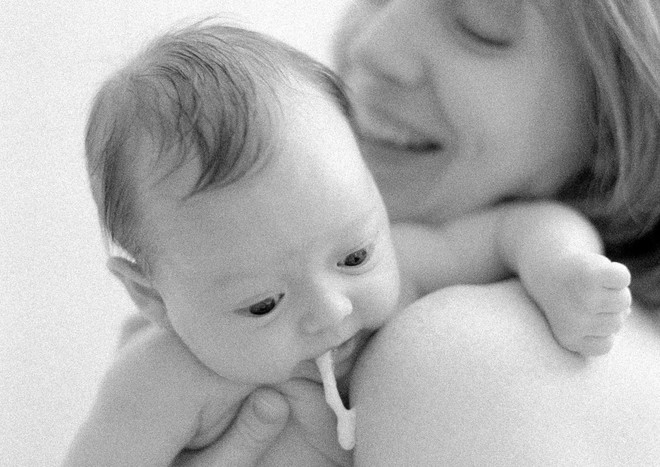Why does an infant have a lot of regurgitation
A baby can spit up both breast milk and formula. Spitting up is easy to distinguish from other discharges. The mass that comes out of the mouth should resemble curdled milk or cottage cheese. A baby regurgitates due to overfeeding or intestinal problems Photo: Getty Here are the main reasons for regurgitation in infants:
A baby regurgitates due to overfeeding or intestinal problems Photo: Getty Here are the main reasons for regurgitation in infants:
- Binge eating.
- Problems with the intestines - constipation or colic.
- Error during feeding. The child can seize excess air with the nipple. The air is in the stomach and soon begins to come out.
- The muscles of the esophageal sphincter are not sufficiently developed. This is normal for babies, with age everything comes back to normal.
- Allergic reaction to the eaten product.
- Excessive activity after eating - parents turn over, squeeze, etc. the child.
- Some serious diseases - diseases of the digestive system, central nervous system or pathology in the body.
Pour a teaspoon of water next to the spit-up stain. If the spit-up stain is no larger than the water stain, then everything is normal, but if there is more vomit, this is a cause for concern.
What to do if a baby bugs
The first thing parents should do whenthe baby starts spitting up, turn him over onto his stomach or pick him up. If the baby is lying on his back, the vomit can block the airways. If this happens too often, the baby can develop pneumonia. Ask your pediatrician to show you how to hold your baby correctly during feeding. The correct position will save him from unnecessary spitting up. Monitor how much the baby eats. Overfeeding not only makes the baby constantly spit up, but can also negatively affect his health. Immediately after eating, let the baby lie quietly on his stomach for a few minutes. For some time after this, avoid active games and do not squeeze the baby. After eating, there should only be quiet games or sleep. Whatever the reason for the spitting up in the baby, consult a specialist. Describe the nature and frequency of spitting up, tell him how you feed the baby. A pediatrician will be able to assess the situation and tell you exactly whether you should worry about such regurgitation or not. Read on:









